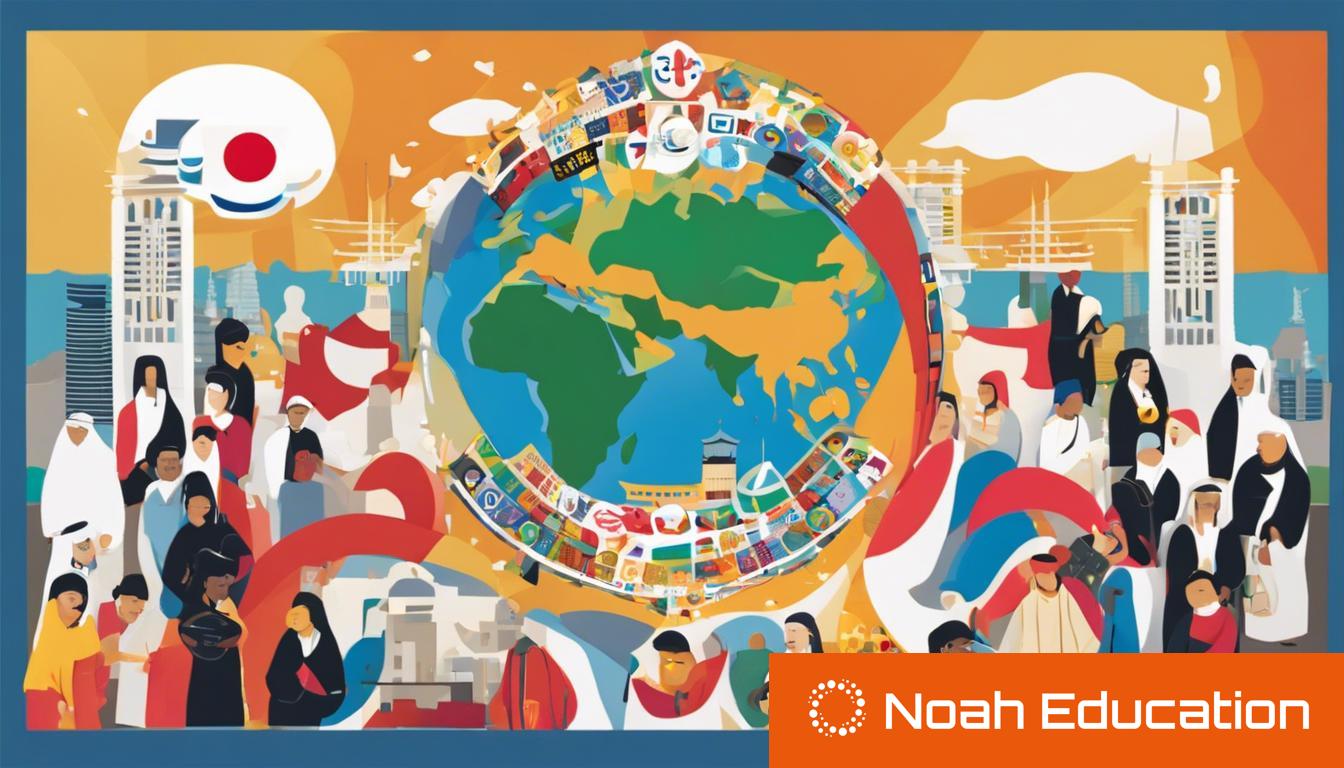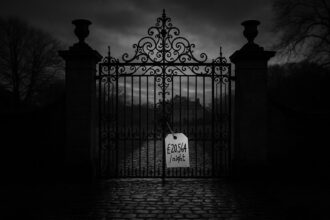The 3rd UNESCO World Conference on Culture and Arts Education in Abu Dhabi brings together 940 delegates from 125 countries, setting a new global framework for the promotion of culture and arts education, with Korea playing a central role.
In a significant moment for global culture and arts education, the 3rd UNESCO World Conference on Culture and Arts Education wrapped up in Abu Dhabi, United Arab Emirates, marking the first event of its kind since the Seoul conference of 2010. Over the three days from February 13th to 15th, the conference hosted 940 delegates from 125 countries, underscoring the international commitment to advancing culture and arts education on a global scale.
The Korean government, through the Ministry of Culture, Sports, and Tourism (MCST) and the Korea Arts & Culture Education Service (KACES), played a pivotal role in the proceedings, showcasing Korea’s vibrant culture and progressive arts education policies. The event not only highlighted the significance of culture and arts education in today’s evolving societal landscape but also established a renewed global framework for its advancement.
A particularly noteworthy contribution came from MCST’s Culture and Arts Policy Director, Lee Hae-don, who passionately presented on “A Fair Opportunity for Access to Culture and Arts Education,” sharing insights into Korea’s initiatives to ensure equitable access to these essential educational avenues. Such initiatives include the “Yesulnurim” project, which aims to support vulnerable groups, and the development of a national culture and arts education resource and guidance platform. Director Lee’s election as the Vice Chairperson on the conference’s opening day underscored the esteem in which Korean policy approaches to culture and arts education are held internationally.
KACES President, Park Eun-sil, serving as the conference’s rapporteur, delivered a summary of the key agenda items and outcomes at the closing ceremony. A significant milestone was the consensus reached on the core principles and measures necessary for activating culture and arts education globally, culminating in the adoption of the revised Framework for Culture and Arts Education. This framework represents a robust blueprint for international cooperation and the future direction of culture and arts education across the world.
Further underlining Korea’s commitment to advancing this field, a side event dedicated to fostering Asia-Pacific cooperation in culture and arts education was held. This event saw the participation of experts from Korea, Singapore, Australia, among others, and included discussions on the activation of education policies, the organization of cooperative bodies, and the implementation of the newly adopted framework in the Asia-Pacific region.
With presentations from esteemed academics and professionals, such as Professor Jung Tae-yong from Yonsei University and Vice-Chancellor Kwok Kian Woon of the University of the Arts Singapore, the side event provided valuable insights into the challenges and opportunities of culture and arts education. Topics ranged from integrating digital technology in education programs to exploring the policies and programs successful in implementing culture and arts education across various societies.
The leadership and contributions of Korea in the domain of culture and arts education were evident throughout the conference. The MSCT official affirmed Korea’s role in steering the direction of global culture and arts education, while a KACES official pledged ongoing efforts to globalize K-culture and arts education for the benefit of future generations. This conference reinforced the essential role of culture and arts education in achieving sustainable development goals and highlighted the importance of international collaboration for its promotion. With Korea at the forefront, the groundwork has been laid for a more integrated and cooperative approach to enriching the global education landscape through culture and the arts.













